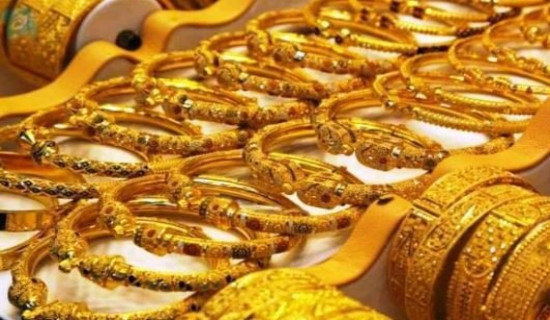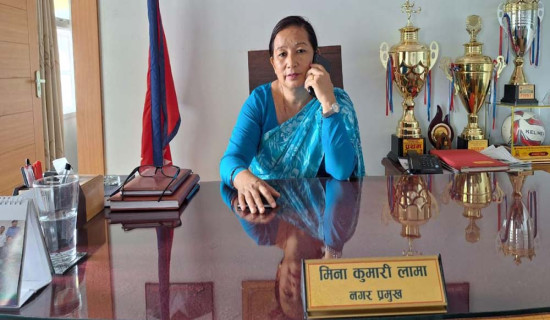- Sunday, 31 August 2025
Something To Unlearn
In fiction — be it books, films, web series, or even animated shows - women are often portrayed through a very specific lens. They're expected to be flawless with a full face of makeup, an hourglass figure, glowing skin, perfect posture, and a charming yet submissive personality. It’s always the girl who fits in this global beauty standard who ends up being the protagonist. These beauty standards are created by society and magnified by fiction. Watching your favourite actress in a movie or a web series in every piece of fiction you watch, be “perfect,” plants the idea of what women should look like. That creates a narrative which shows that is what normal is. That is what is expected by everyone.
But what about the actual world? In actuality, the "reel" world has a significant impact on the real one. These exaggerated depictions establish norms that society begins to impose on daily life. The extent to which a woman satisfies these unachievable standards, like her appearance, height, weight, skin tone, and manners, becomes the key factor to determine her value. These standards are not merely recommended; they are required. Adolescent girls, in particular, start to internalise this. As they browse social media, they come across celebrities and influencers who appear to lead perfect lives, complete with well-maintained bodies, clothing, grins, and routines. Many teenagers start to lose their individuality as they try to model themselves after them.
They cover up who they are out of fear of not being "enough." Insecurities increase. Confidence in oneself declines. Love for oneself wanes. All of this creates an unbearable pressure to live up to expectations they never accepted, to be someone they're not, and to continuously pursue an unattainable goal. Worse, women are nearly always the target of this pressure. Society tells them that being "beautiful" entails being ceaselessly quiet, polite, obedient, and “well-behaved”. If they complain, they're "too loud." If they don't, they're weak. If anything goes wrong, the blame is placed on them. Instead of empowering them to speak and demand justice, society asks them to bear, to sacrifice and to stay silent.
From media to social interactions, these expectations permeate various aspects of their life. But the real question is, who created all these standards? We, as a society, did. We developed this ideal of what a woman ought to be over time, through screens, pages, and conversations, and then subtly established it as a rule. We need to unlearn all these things.
Why don't we choose actors for our shows who resemble the people we see daily? Why not create realistic characters with crooked teeth, loud opinions, stretch marks, awkward laughs, frizzy hair, anxiety, and a raw personality that doesn't always look sophisticated? If everyone could see themselves on a screen, not a filtered or idealised version, but a real person, wouldn't that be a confidence booster and increase embracing oneself? Why can't we make a world where people are free to be themselves, free from the fear of being judged every time they leave their homes and the constant pressure to impress?
Why should acting or looking a certain way feel like a necessity rather than an option? Change really starts when we begin to discover the answers to these questions and, more importantly, begin to apply those answers in our day-to-day lives. At that point, we begin dispelling the myths, unlearning the artificial norms, and gradually, piece by piece, re-establishing a society in which everyone is allowed to be who they truly are.



-original-thumb.jpg)
-square-thumb.jpg)












